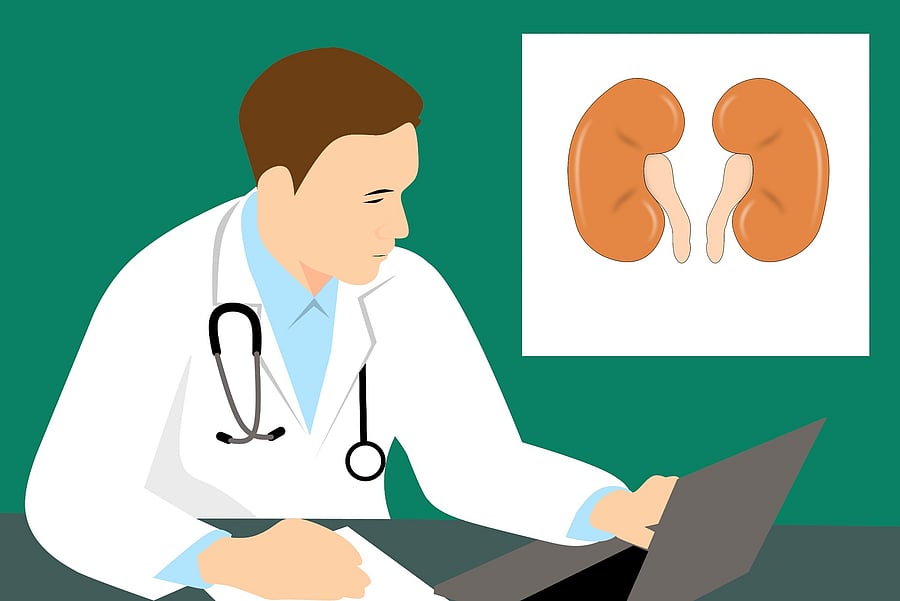
The moment we hear the word Insulin, we associate it with a chronic problem that will involve needles, and a lot of pain. It has been more than 100 years since Insulin was first discovered. However, people still hesitate when we discuss it as part of their diabetes treatment. This is not the way to approach diabetes care; there is no reason to worry or be fearful. Insulin is a hormone that is made in the pancreas. It regulates the amount of glucose (sugar) in the blood, and when that malfunctions, insulin is given externally to manage and regulate glucose levels.
Common misconceptions
Many people believe that insulin is used as a last resort to treat diabetes. And that it causes other complications, and is very hard to manage. But that is not true; today’s Insulin Therapy is said to be the most effective treatment option as it regulates Hypoglycemia very well. It is more predictable, so patients can see healthier blood sugar levels and fewer side effects from high and low blood sugars. With the advancements in medical devices and innovations in therapy mechanisms, more convenient delivery methods such as portable Insulin pens and Insulin pumps are available today. With many types and potencies, Insulin is easier to personalize than oral medications. It is often used in combination with other non-Insulin therapies.
However, the other fear that people have about Insulin is it impacts kidney functioning. In fact, Diabetic Kidney Disease is a decrease in Kidney function that occurs in some people who have Diabetes. The causes of Diabetic Kidney Disease are complex and are driven by many factors not necessarily due to Insulin. Some experts feel that changes in the circulation of blood within the filtering apparatus of the Kidney (the Glomerulus) may play an important role.
Oral medications as most people prefer, have a much greater impact than Insulin. For instance, oral medication is fine until your diabetes is in the early stage. With more sugar fluctuations such as Hypoglycemia or Hyperglycemia - oral medications do not give the desired outcome. Moreover, Insulin gives flexibility in dose management, whether a patient needs Insulin twice or thrice depending on the Insulin requirement of the day.
So, the next thought that might come to mind is when do I know if my Kidney function is going for a toss?
In the early stages, there may not be any symptoms. As Kidney function decreases further, toxic wastes build up, and patients often feel sick to their stomachs, lose their appetites, have hiccups, and gain weight due to fluid retention.
If you are a diabetic, it is important to talk with your doctor about when is the best time to introduce Insulin in your care regime. Having a Certified Diabetes Educator (CDE) as part of your Diabetes care team is also important, especially when starting or changing your Insulin regimen. Ask your doctor for more information. Ask questions about Kidney function and report any concerns. Managing Diabetes and Kidney Diseases go hand in hand. Talk your doctor today.
(The writer is Senior Consultant, Nephrology for a network of hospitals, Mumbai)